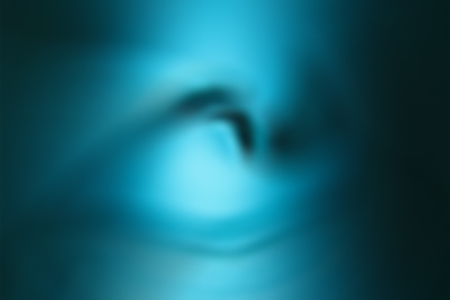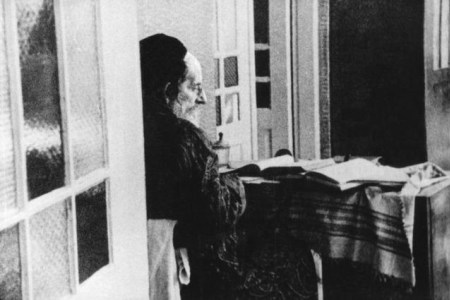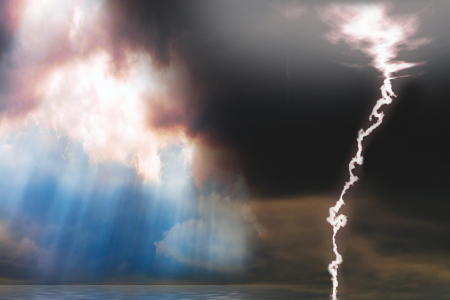Did You Know There Are 125 Degrees of Spiritual Attainment?
Our task is to attain the highest degree in our advancement toward the Creator. That is the purpose of creation. The ladder between the Creator and us consists of 125 degrees or steps, also called desires. Each desire constitutes a complete and separate degree and is different in each stage of development. However, our own world does not constitute a degree of spiritual desire and is therefore excluded from the count of the 125 degrees. The 125 degrees begin only one step above our world, starting with the first degree of the spiritual world, and so on until the end of the 125th degree. What characterizes a higher degree is a greater desire to give and be altruistic.
The range of spiritual degrees is also divided into five worlds: the worlds of
- Adam Kadmon,
- Atzilut,
- Beria,
- Yetzira, and
- Assiya.
Each of these worlds is also comprised of five Partzufim, and each Partzuf is divided into five Sefirot. Thus, the entire structure consists of 125 degrees (5 by 5 by 5). The worlds, the Partzufim, and the Sefirot define desires, their power, and spiritual degrees in ascending order.
Continue reading “Who Else Wants to Discover the Spiritual Reality?”




